The stock market's influence on consumer spending has grown significantly over the past 15 years, with a 1% increase in stock wealth now translating to a 0.05% marginal propensity to consume, up from less than 0.02% in 2010. This phenomenon, known as the wealth effect, has become a crucial factor in the economy, as consumption accounts for approximately 70% of GDP.
According to a recent note from Oxford Economics lead U.S. economist Bernard Yaros, the wealth effect has become more potent, with every 1% increase in stock wealth leading to a 0.05% uptick in consumer spending. This is a significant increase from the less than 0.02% marginal propensity to consume observed in 2010. Meanwhile, every 1% increase in housing wealth leads to a 0.01% marginal propensity to consume, a relatively smaller impact compared to the stock market.
The growing influence of the stock market on consumer spending has significant implications for the economy and the actions of policymakers. As the Federal Reserve and Congress continue to navigate the economic landscape, they must consider the stock market's impact on consumer behavior. A strong stock market can lead to increased consumer spending, which in turn can boost economic growth. Conversely, a decline in the stock market can lead to reduced consumer spending, potentially slowing economic growth.
The stock market's influence on consumer spending is not limited to individual investors. Large corporations, such as Apple and Amazon, also benefit from a strong stock market. These companies often use their stock prices as a key metric to evaluate their performance and make investment decisions. A strong stock market can provide these companies with the capital they need to invest in new projects and expand their operations.
Looking ahead, the stock market's influence on consumer spending is likely to continue. As the economy continues to grow, consumer spending is expected to remain a key driver of economic growth. The Federal Reserve and Congress will need to carefully consider the stock market's impact on consumer behavior as they make decisions about monetary and fiscal policy.
In conclusion, the stock market's influence on consumer spending has grown significantly over the past 15 years, with a 1% increase in stock wealth now translating to a 0.05% marginal propensity to consume. This phenomenon has significant implications for the economy and policymakers, and is likely to continue to shape consumer behavior in the years to come.




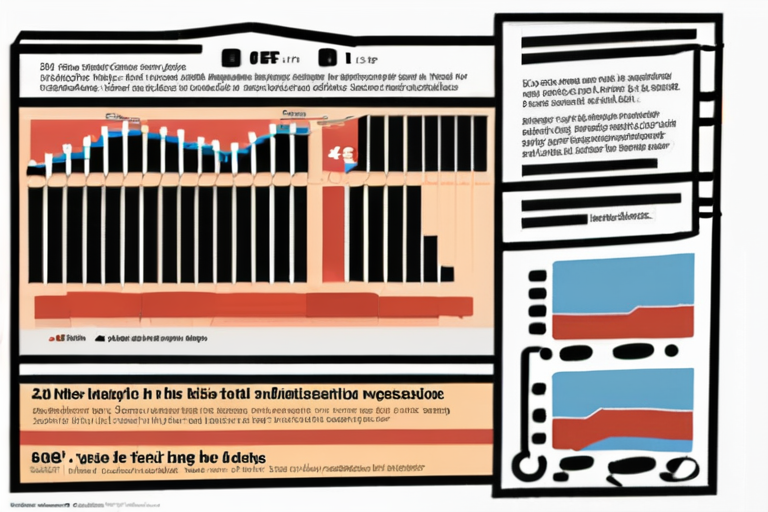
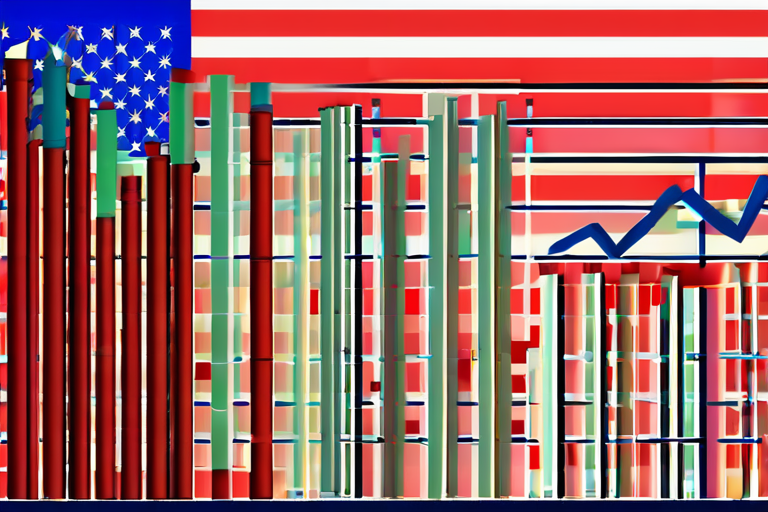
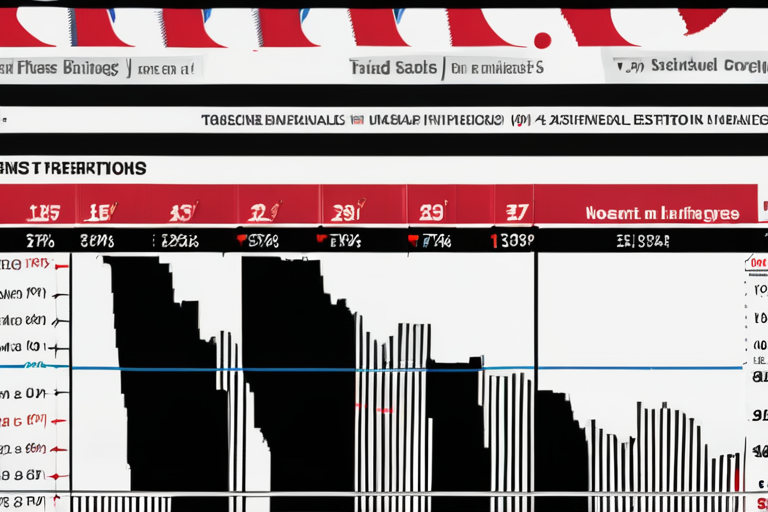



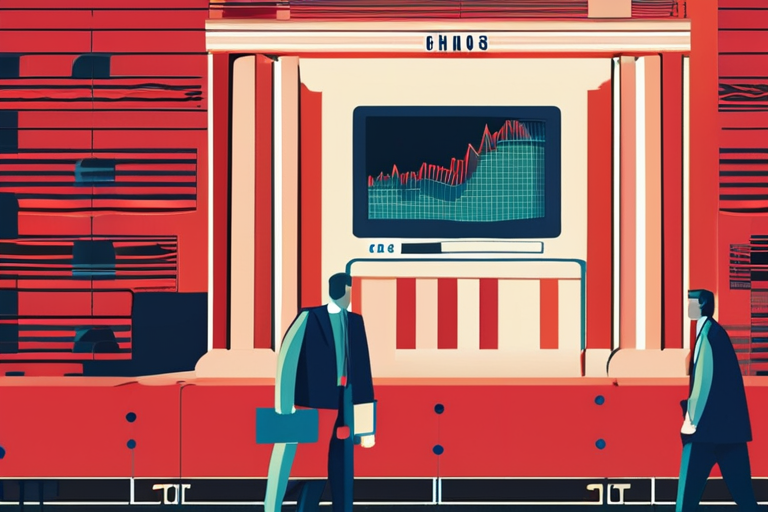


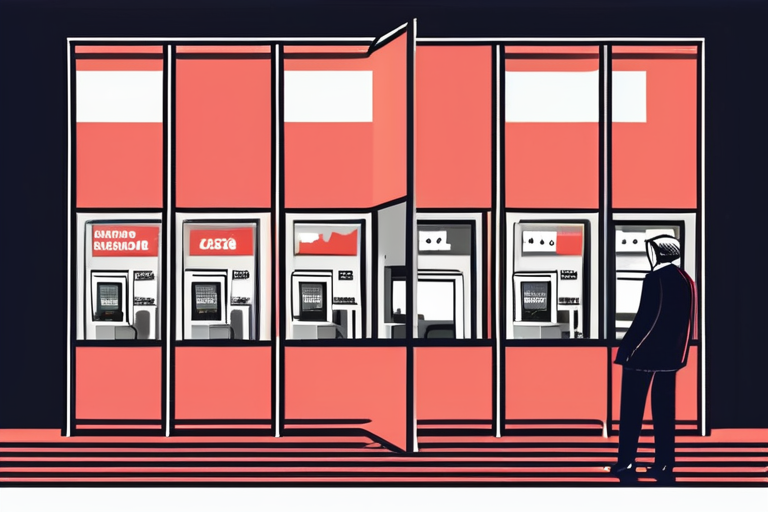






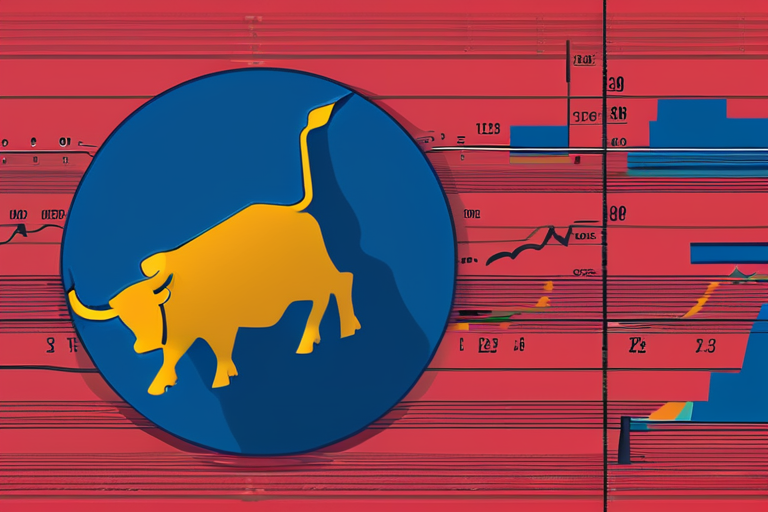






Share & Engage Share
Share this article